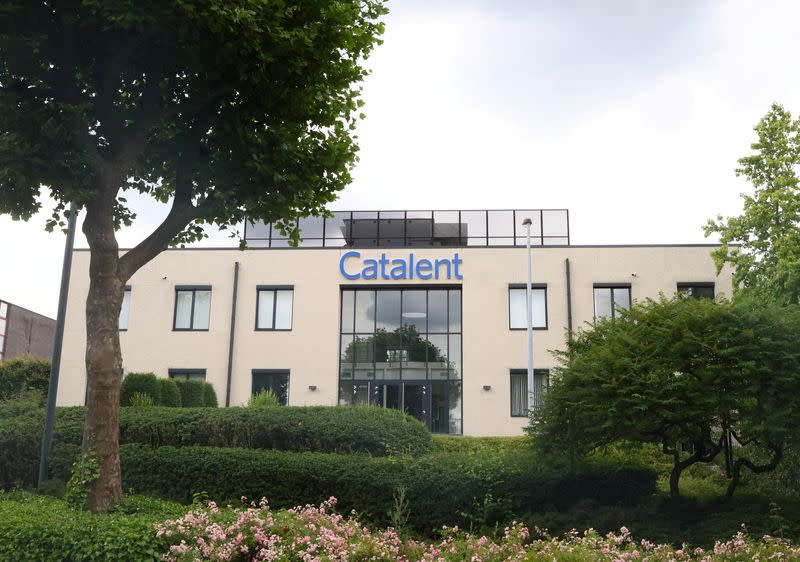In This Article:
By Jody Godoy and Maggie Fick
NEW YORK (Reuters) -U.S. consumer groups and two large labor unions urged the U.S. Federal Trade Commission on Thursday to block Novo Holdings, the controlling shareholder of Novo Nordisk, from acquiring contract drug manufacturer Catalent, saying the deal threatens competition in weight loss drugs and cutting-edge gene therapies.
U.S. Public Interest Research Group, Service Employees International Union (SEIU) and others expressed concerns in a letter to the FTC about the $16.5 billion deal, which Novo Holdings has said would boost supply of Wegovy, Novo's blockbuster GLP-1 injectable weight-loss drug.
Last week, U.S. Senator Elizabeth Warren, a Democrat, called on the FTC to look closely at the deal over similar concerns.
The deal could constrain options for competitors such as Amgen, Pfizer, Roche, and AstraZeneca, who are reportedly developing their own GLP-1 drugs, the groups said.
"Because of the proposed acquisition, there is a real question of whether these future rivals to Novo will be able to secure the expertise to bring the product to market and have available and qualified capacity to manufacture these products when they commercially launch," the groups said.
Viking Therapeutics, Structure Therapeutics and Sun Pharma also have GLP-1 drugs in development and could be affected, the groups said.
Novo Holdings, in a statement to Reuters on Friday in response to the consumer groups' letter, said: "We remain confident in the pro-competitive rationale for this transaction and are committed to realizing the benefits it will bring to customers, and patients, and the local communities which Catalent now serves."
A Catalent spokesperson reiterated the company's position on the deal in a statement on Friday to Reuters in response to the letter: "Novo Holdings’ pending acquisition of Catalent will further strengthen Catalent’s ability to deliver better outcomes for our customers and the patients they serve."
A Viking spokesperson declined to comment. A Roche spokesperson declined to comment on the letter, but said that the drugmaker has secured near-term supplies for its clinical trials of the GLP-1 drugs it is developing. Roche plans to manage the scaling up of commercial production "by using a mix of in-house and external manufacturing", the spokesperson said.
The other companies did not immediately respond to requests for comment on Thursday.
According to the terms of the deal, Novo Holdings would sell three of Catalent's factories, where injection pens are filled in sterile conditions, in Italy, Belgium and the United States, on to Novo Nordisk for $11 billion.

